Wellbeing Coaching & Somatic Therapy
I help people help themselvesOverview of Wellbeing Coaching
“If you want to know your past – look into your present conditions.
If you want to know your future – look into your present actions.” ~Chinese Proverb
The truth is that change is hard. For authentic change to occur, we must take an honest look at our actions in order to gain a deeper understanding of our conscious and subconscious patterns. When we understand our starting point, we can then consciously and intentionally move forward aligned with our personal values.
Wellbeing Coaching honors the untapped, innate wisdom of the human body. When the body is placed in an environment that supports healing, it naturally and effortlessly moves towards improved health and wellbeing. You’ll be guided through practices that build self-acceptance. Ultimately, this journey is about helping you feel more comfortable in your own skin.
“I empower people to make productive changes in their life. I work within the unique physical, mental, and emotional contexts of the person, but pay particular attention to working through mental and emotional blocks that keep people from living a life of health, peace, and vitality.”
Modalities & Approach
I help you work through the unique circumstances, contexts, and situations making you feel stuck, so that you can move forward in life with a sense of clarity and direction.
Mindfulness-Based Therapy
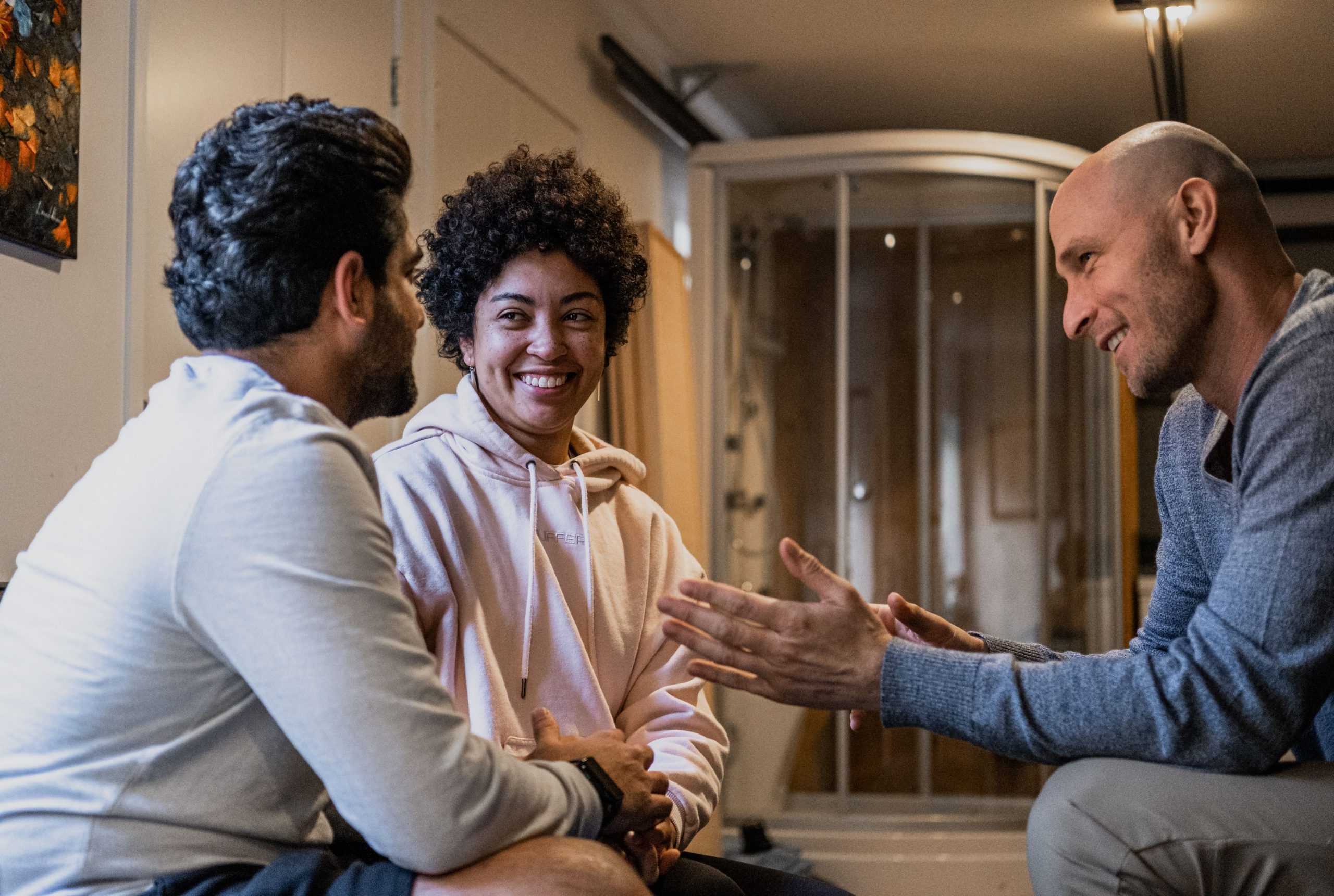
Warmth. Openness. Compassion. Empathy. Equanimity. Flexibility. Willingness to collaborate. The therapist’s own mindfulness practice is the cornerstone of all mindfulness-based psychotherapy as it helps to bring these qualities into the therapeutic relationship, even if mindfulness is never mentioned explicitly.
With counseling and therapy, the goal is not to turn everyone into a dedicated meditation practitioner, but to help you find more balance, peace, kindness, and fulfillment in your life. Everyone is on their own path and finding their own meaning and purpose in life.
Compassionate Inquiry
Compassionate Inquiry is a psychotherapeutic approach developed by Dr. Gabor Maté that reveals what lies beneath the appearance we present to the world. Using CI, both the individual unveils the level of consciousness, mental climate, hidden assumptions, implicit memories and body states that form the real message that words both express and conceal.
Through Compassionate Inquiry, the client learns to recognize the unconscious dynamics that run their life and how to free themselves from self-generated suffering, as well as gain insight, clarity and choice in their responses.
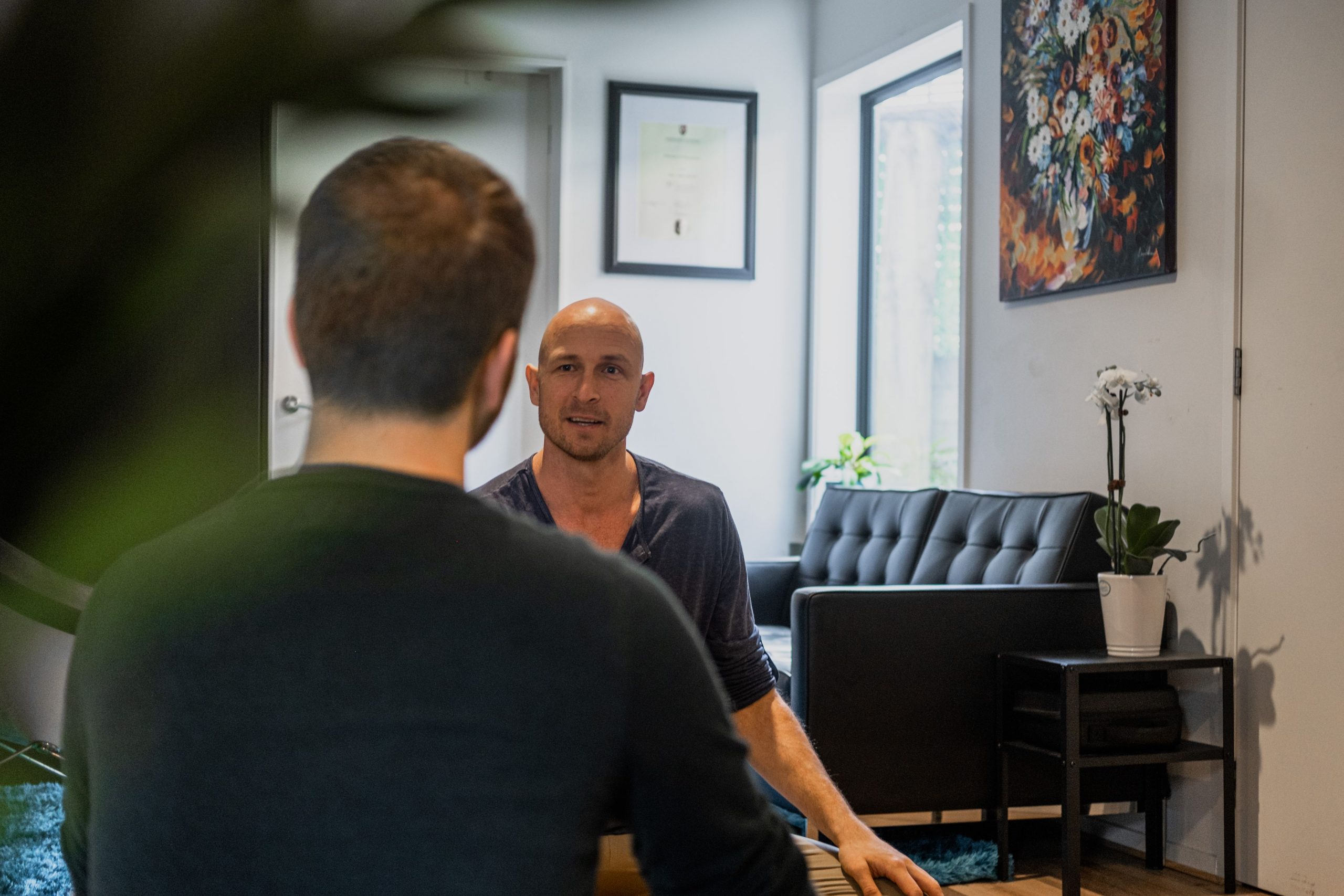
Healthy Lifestyle Coaching

When we place our body in an environment that supports health and healing, and then trust in our body’s inherent ability to heal, then you naturally and effortlessly move towards vitality. Holistic wellbeing is a natural byproduct of the lifestyle choices that you make from day-to-day, and moment-to-moment.
Physical health is the foundation of mental and emotional wellbeing. Daily movement, healthy food, quality sleep, fulfilling work, and harmonious relationships aren’t just healthy lifestyle choices, they all contribute to healing your body and mind.
Overview of Somatic Therapy
“The human body – specifically my body – has been the source of never-ending insights that have transformed how I live, how I relate to myself, and how I perceive the world around me. When the body heals, the mind follows.”
“There is more wisdom in your body than in your deepest philosophies.” ~Friedrich Nietzche
Somatic Therapy is a holistic therapeutic approach that addresses mental, physical, and emotional health concerns. Somatic therapy viewing the mind and body as one entity is essential to the therapeutic process. The mind-body moves toward healing naturally, given the right environment. When the body releases tension, processes trauma, and move towards optimal physical health, the mind follows with a sense of calm, peace, and relief.
Somatic therapy focuses on the body because the source of compulsive behaviors, trauma, depression & anxiety, and general discomfort with everyday life exists as sensations, emotions, and experiences that occur within the framework of the body. Our bodies need to process, integrate, and release these hidden sources of tension so that self-destructive patterns can come to their natural end, and we can experience everyday life with less stress.
Somatic Therapy Modalities
Healing starts and ends with the body. Every modality has the power to heal. Listen to how the body responds.
Meditation & Breathwork
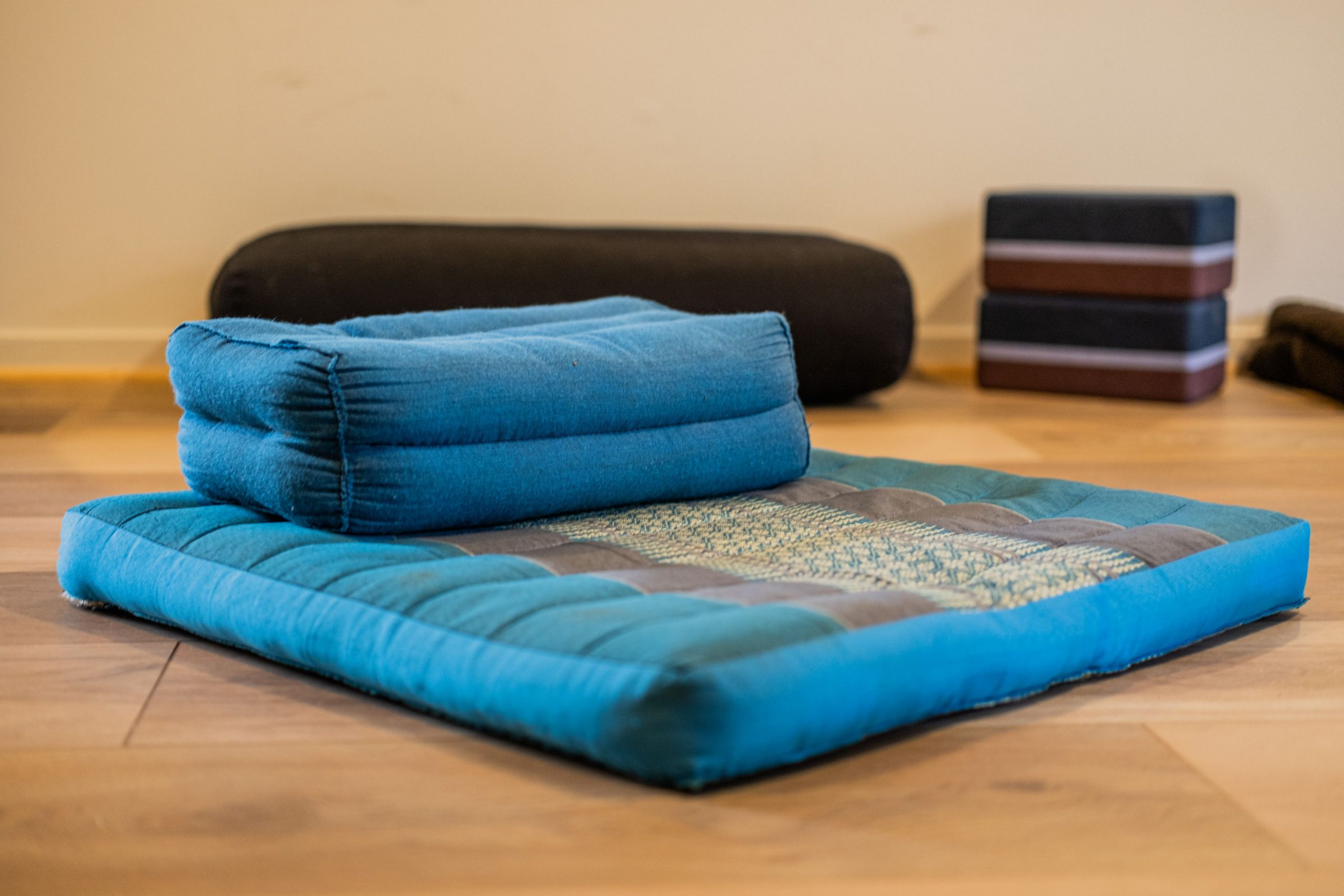
Meditation represents a different way of being in the world. You learn and practice observing thoughts, emotions, and body sensations without reacting to or identifying with them. This is why meditation is called a practice. We are practicing a different way of relating to the present moment. When we meditate, we practice acknowledging, observing, and accepting our experience and cultivate response-ability.
Breathwork – and breath-holding – techniques elicits intended outcomes, such as deep relaxation, feeling energized, or relief from mental, physical and emotional tension. Today, breathwork has become a means of therapy, self-healing, and major personal transformation.
Contrast Therapy
Contrast Therapy takes advantage of the body’s natural reaction to temperature changes in order to make the body stronger and more resilient. Practices like ice baths, cold showers, sauna, and geothermal soaking increase your body’s capacity for managing not just physiological stresses, but life’s other mental and emotional challenges as well.

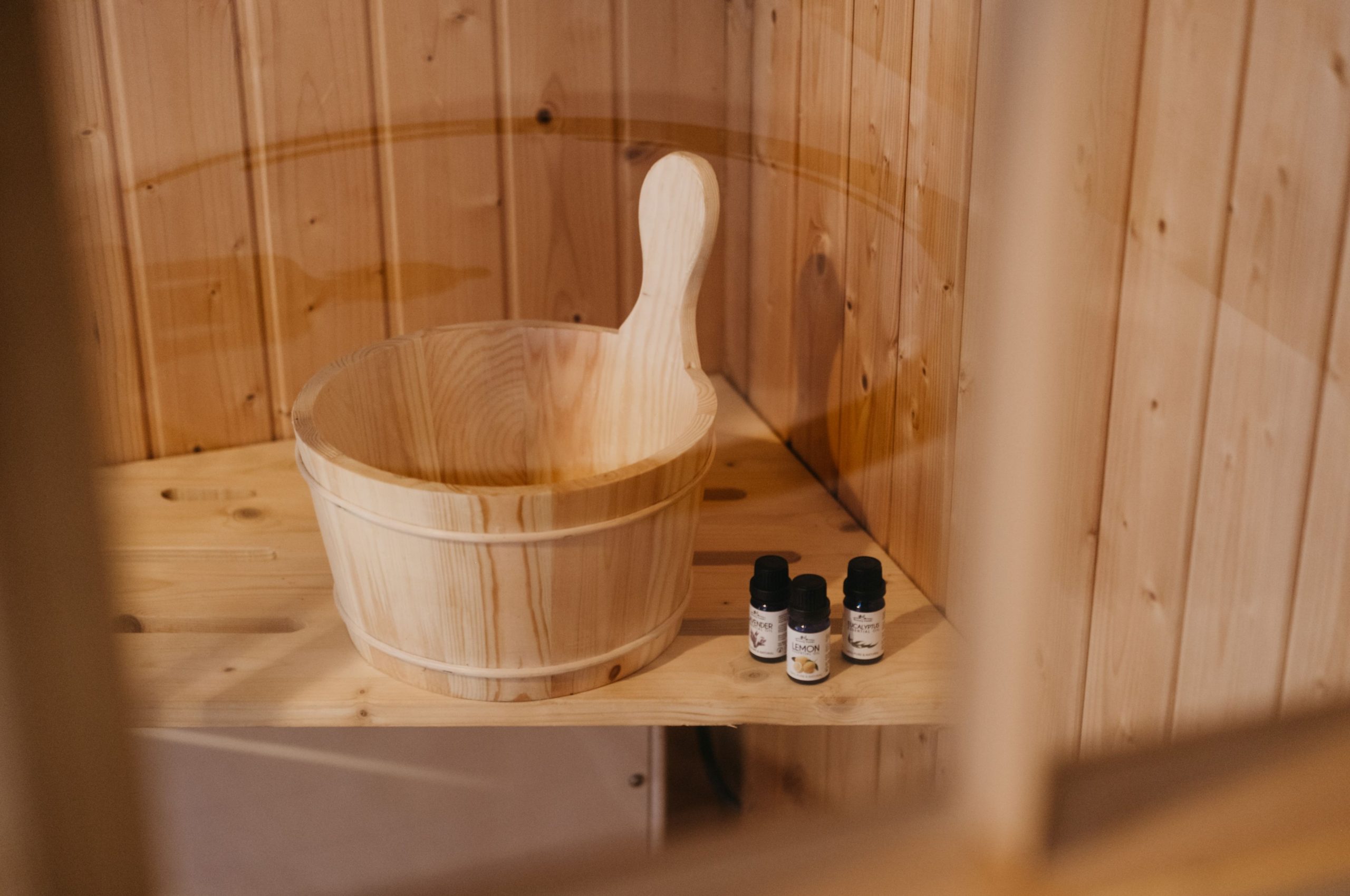
Restorative Yin Yoga
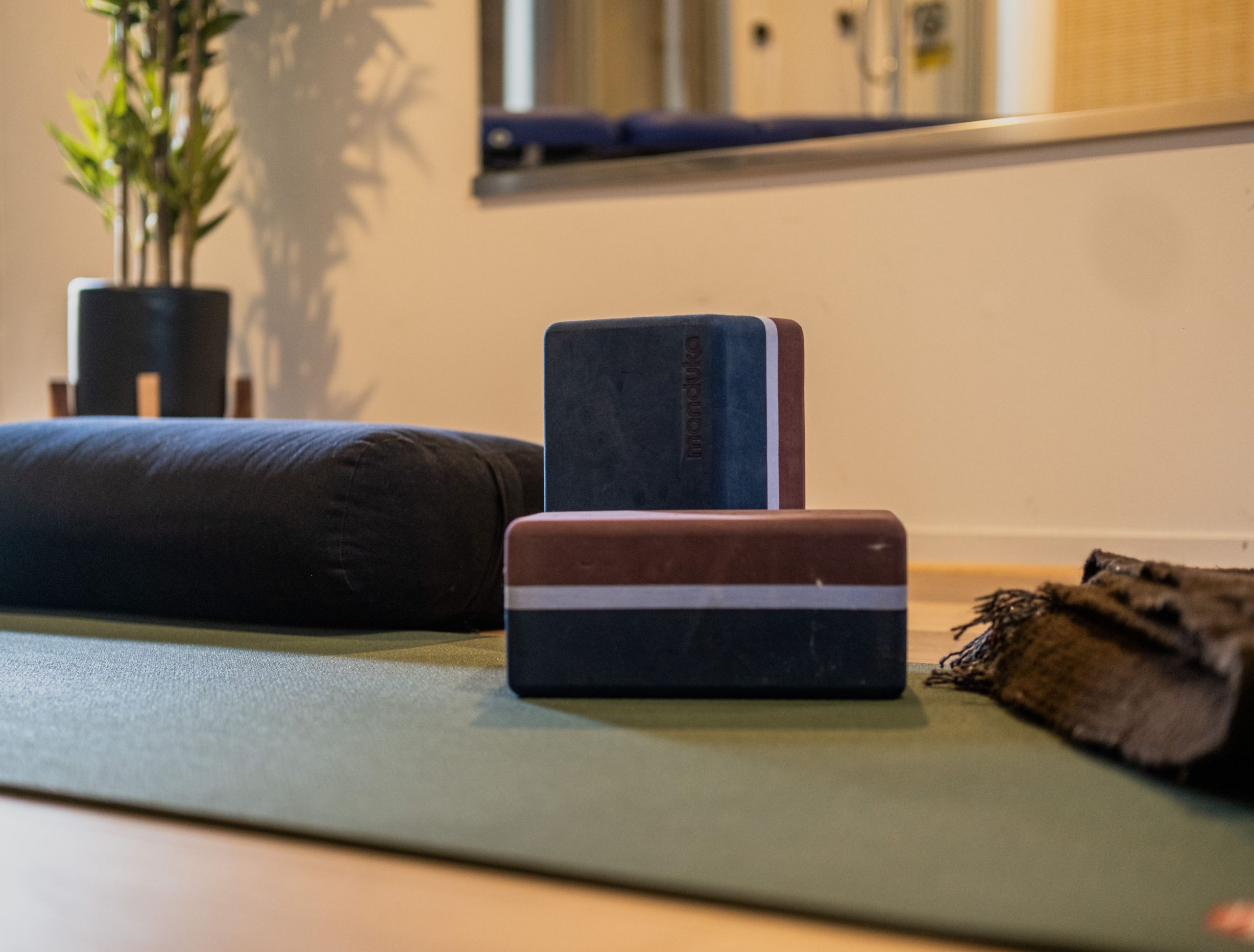
Yin yoga helps restore equilibrium to the intimate relationship between physical, mental, and emotional aspects of Self. The practice also activates the body’s restorative processes – responsible for digestion, eliminating toxins, healing and repair – and helps alleviate mental health symptoms and stress.
Yin teaches us that staying still and dealing with whatever comes up one breath at a time will actually help us grow. The ability to adapt to the many ups and downs of life and to manage change with grace can dampen and soften our reaction to stress. Resilience can be built upon a foundation of gentle surrender.
